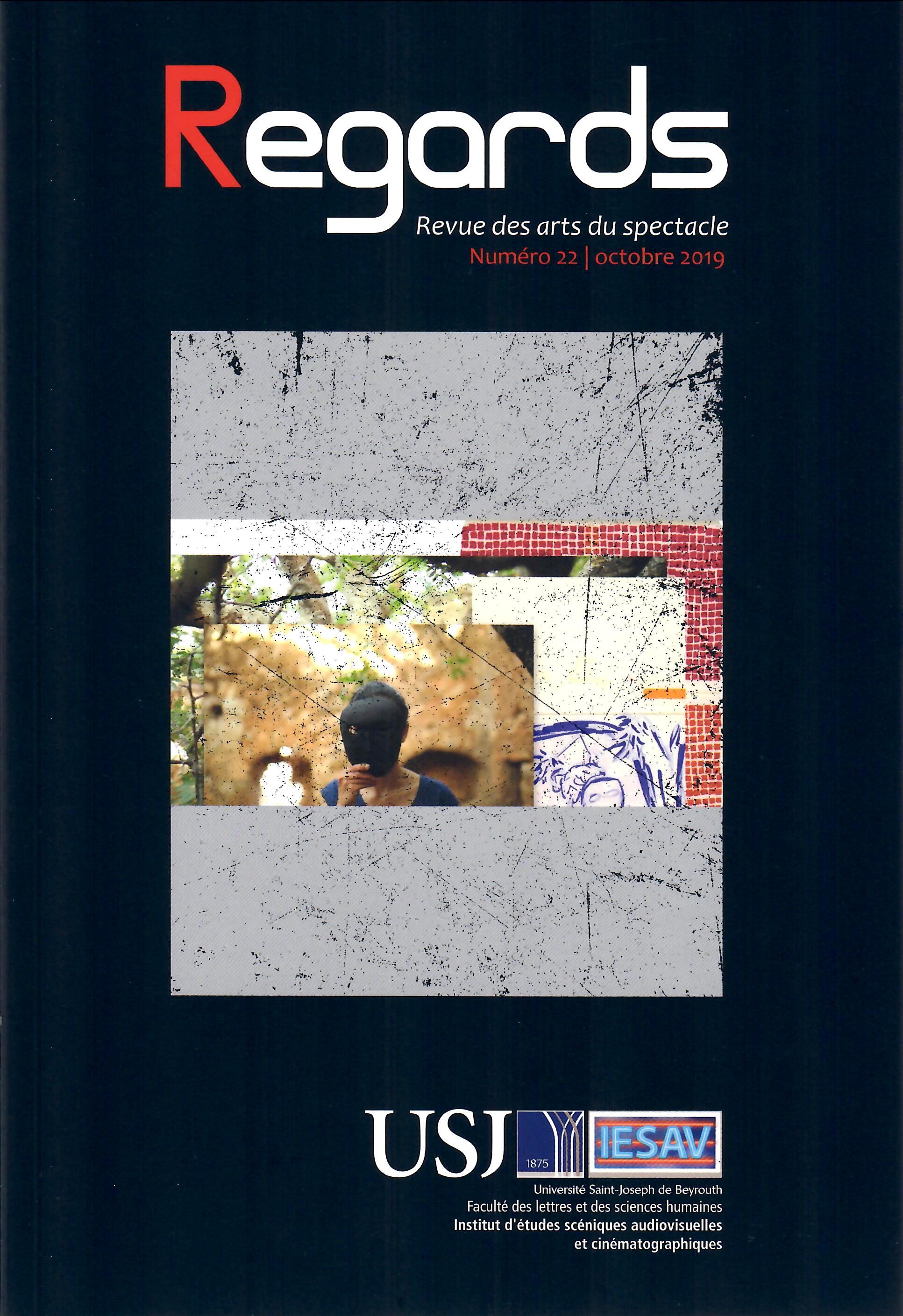Abstract
In the case of CIS research, the portait proves to be a suitable method to penetrate into the “natural” reception context and thus to report on what is happening “around” television. In this sense, the television practice in Turkey is an interesting lever for studying how the gendered organization of the domestic world works the reception rituals. As Pasquier (1999: 233) summarizes, watching television is an organized and socially standardized experience. Based on the individual portraits from semi-structured interviews conducted in 2 households in Istanbul, this article aims to sketch how television practice in Turkey, which carries with it a social function, fits or adapts to the family dynamics of the spectators. However, the focus is on the place of television in everyday life, and the nature of the involvement or participation of viewers.

